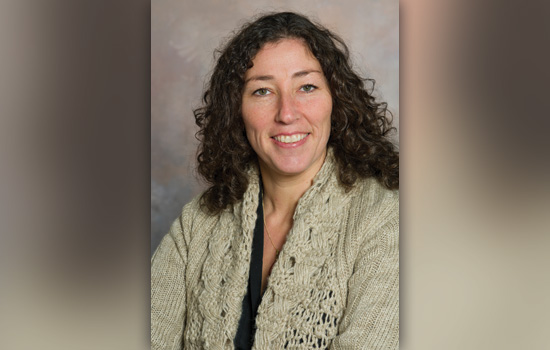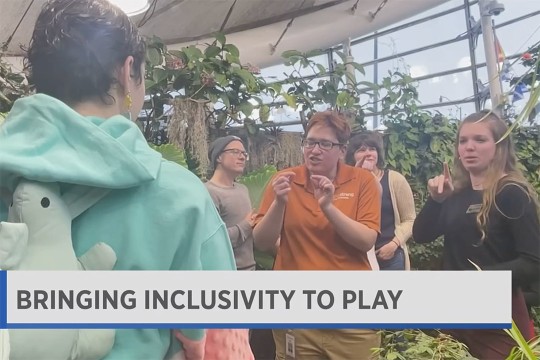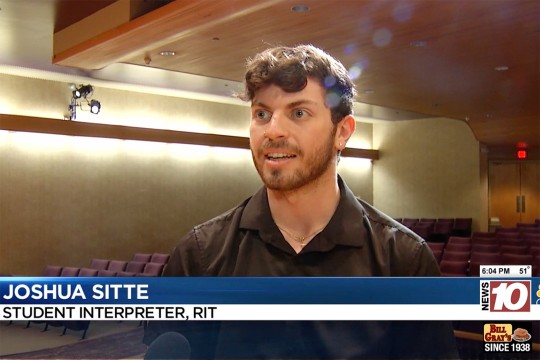Meet sustainability students
Jacqueline Ebner
Motherhood spurred Jacqueline Ebner’s passion for sustainability.
Ebner already had a B.S. in mechanical engineering, an MBA and 13 years experience working for Xerox in a variety of positions. When her children—now ages 7, 9 and 11—came along, she became active in community organizations such as the Sierra Club, particularly the organization’s Zero Waste committee. Now in her second year in the Ph.D. program in sustainability, her research focus is turning waste into energy, including biodiesel.
Ebner hopes to work with industry, particularly small businesses, on sustainability issues. Eventually, she would like to teach and influence another generation of professionals.
Michele Goe’s interest in sustainability starts with people. “I am very interested in social justice—making sure all people have access to education and a healthy environment,’’ says the third-year Ph.D. candidate in sustainability.
Goe says she grew up in an area of Detroit where that wasn’t the case. Her long-term goal is to return to that community and build a school that focuses on science, technology, engineering and math for underprivileged kids.
She came to RIT after getting her undergraduate degree in mechanical engineering from the University of Michigan, she says, because she liked the collaborative nature of the program. Her research is in solar photovoltaics and material availability. “We want to develop renewable energy for the future but we need to understand now if we are using materials in the right amount and if they have a low environmental impact.”
There are more than 656,000 dairy cows in New York state, and each produces approximately 55 pounds of manure per day. With manure management being a critical issue, waste-to-energy conversion processes such as anaerobic digestion are being developed at more and more dairy farms across the state. But for some small farms, that’s not economically possible.
Matthew Rankin, a master’s degree student in the sustainable systems program, is working on the problem. “My thesis research objective is to determine the optimal locations for biogas production facilities in New York so that farms and food manufacturing firms can share the economic and environmental benefits of anaerobic digestion technology,” says Rankin.
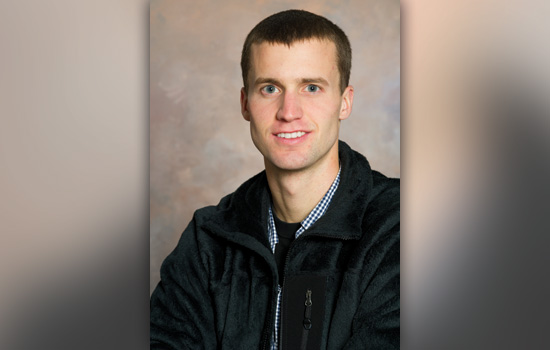 Matthew Rankin
Matthew Rankin
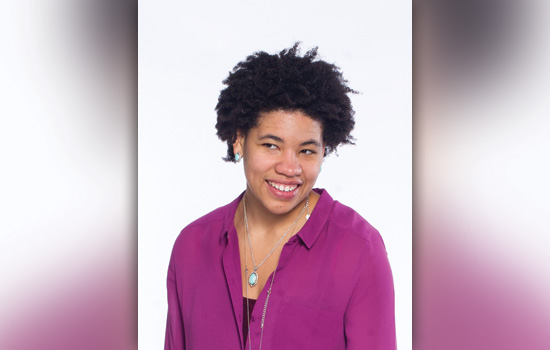 Michele Goe
Michele Goe











